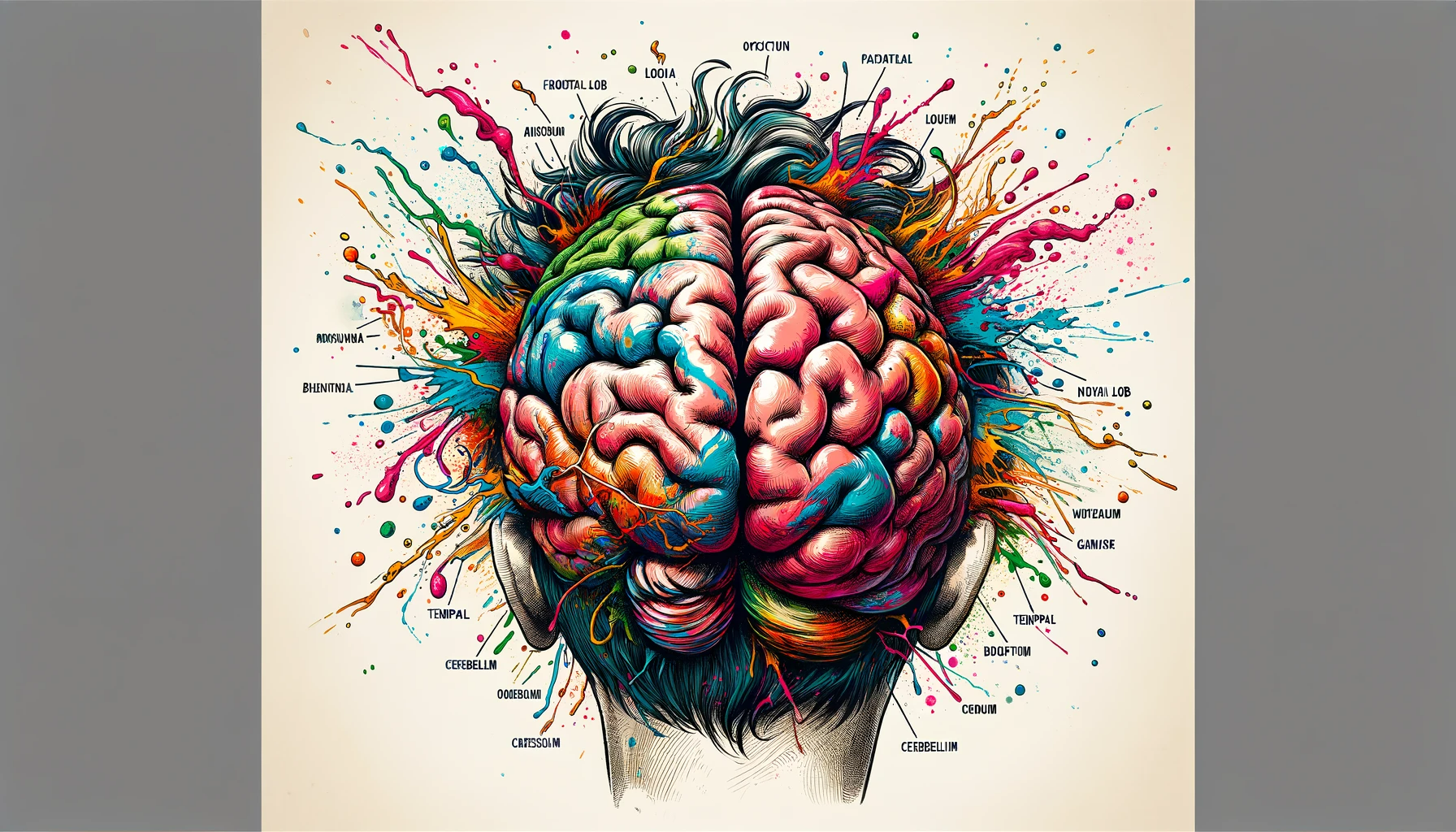The human brain is often considered the first and best “computer” that exists on Earth for several compelling reasons:
1. Complexity and Efficiency: The human brain is extraordinarily complex, containing approximately 86 billion neurons, each capable of forming thousands of synaptic connections. This complexity enables it to process and store a vast amount of information efficiently.
2. Adaptability and Learning: Unlike traditional computers, the human brain is highly adaptable. It can learn from experiences, adapt to new situations, and even rewire itself (neuroplasticity) in response to injuries or changes in the environment.
3. Creativity and Innovation: The human brain is capable of creative thinking and innovation, which is something that traditional computers struggle with. This includes the ability to think abstractly, imagine new scenarios, and create art, music, and literature.
4. Emotional Intelligence: The brain is not just a logical processing unit; it also understands and processes emotions, which are integral to human experience and decision-making.
5. Energy Efficiency: Despite its complexity, the brain is remarkably energy-efficient. It requires only about 20 watts of power to function, much less than what most computers need.
6. Integrated Sensory Processing: The brain seamlessly integrates information from various senses to create a coherent perception of the world, something that is challenging for computers.
7. Autonomous Functions: The brain controls numerous autonomous functions like heartbeat, breathing, and homeostasis without conscious thought, a feature not inherent in man-made computers.
8. Self-awareness and Consciousness: Perhaps the most profound aspect of the human brain is its capability for self-awareness and consciousness, allowing humans to be aware of their existence, thoughts, and surroundings.
In summary, the human brain’s combination of efficiency, adaptability, creativity, and ability to process complex emotional and sensory information makes it a unique and unparalleled “computer” on Earth. However, it’s important to note that comparing the brain to a computer is a metaphor; they operate on fundamentally different principles and are each suited to different types of tasks.




